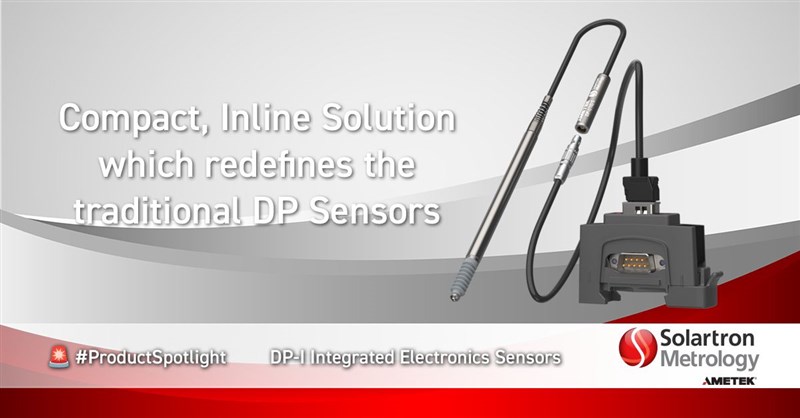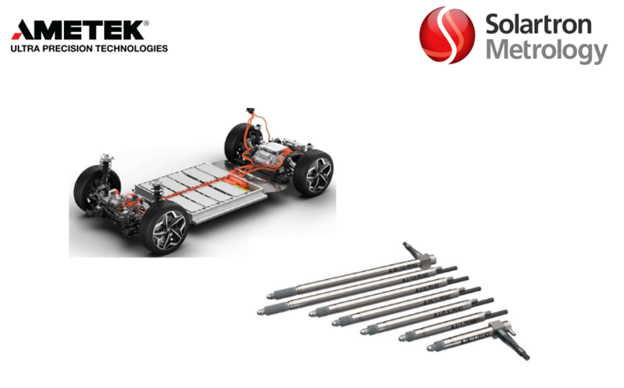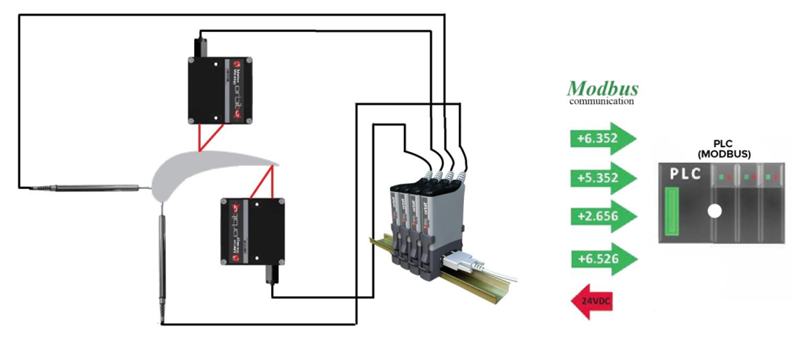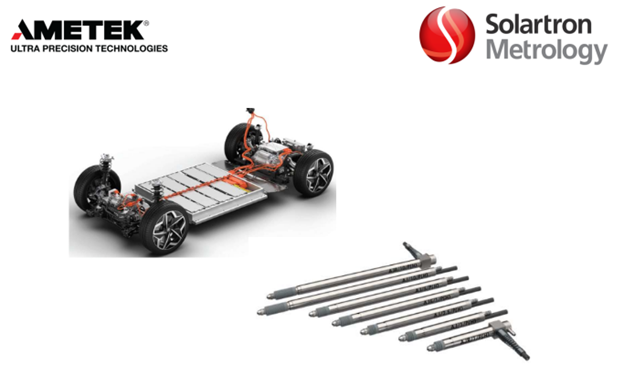
The BRAND NEW DP-I module is calibrated to the sensor, not the cable, enabling easy replacement and relocation without recalibration, even with cable lengths up to 10 meters.

Gauge probe technology is a vital component of the automotive manufacturing process. It’s integral to the delivery of a higher standard of parts, better-performing products, greater safety and stronger brand reputations.

Specialists in the investment casting and machining of alloy metals, such as aluminium and titanium, which are primarily used for jet aircraft engines and airframes, have to measure the dimensions of the blades after surface grinding.
Gauge probe technology is a vital component of the automotive manufacturing process. It’s integral to the delivery of a higher standard of parts, better-performing products, greater safety and stronger brand reputations.

Displacement sensors, displacement transducers and other precision-measurement technology have already played an enormous role in the development of the automotive industry, not least in giving cars a much longer road life, and their influence is only growing.
The standardisation of pats is integral to the successful operation of automotive production plants, in particular as the volume of automated manufacturing grows. The ability to precisely measure parts and ensure exact standards are met accurately, time after time, is critical. And it is this accuracy and repeatability that LVDT sensors and other metrology systems help provide.
Focusing more on the standardisation of parts, the advance of automotive technology is another factor that is underscoring the indispensability of advanced engineering measurement techniques and the right metrology partner.
As automotive innovation continues to push boundaries, so parts are becoming increasingly sensitive. The tiniest change or difference in size can have an enormous impact on the performance of components and the products of which they are a part. Accuracy, reliability and repeatability are vital – they are a principal foundation of the manufacturing process.

An example of the use of measurement sensor technology in automotive production is the role that gauging probes play in ensuring the quality of cylinder heads. The very high resolution and the excellent linearity of these probes and their high data speed capabilities are critical to the accurate calculation and checking of cylinder head diameter and centre point measurements.
Another example is the use of standard pencil probes and single-leaf flexure probes to check the dimensions of crankshafts. In an automotive manufacturing factory environment, which can be oily, humid and abrasive, this easy-to-use and low-maintenance technology quickly takes precision measurements and has the data ready for review.
Gauging probes are also used to measure glass automotive parts. These measurements need to be precise and delicate: too much tip force on delicate surfaces can result in incorrect data and costly damage. Low-tip-force probes, such as feather-touch and ultra-feather-touch probes, are designed to overcome these challenges, avoid errors and spoiling, and deliver the high level of result accuracy required.

Sensor technology plays a pivotal role in automotive manufacturing in many ways, in particular in facilitating innovation, ensuring efficiency, delivering quality and making sure that stringent international and local safety standards are consistently met, notably as we venture further into the era of driverless vehicles.
As we embrace this future, it is clear that engineering metrology solutions are essential performance and growth tools for automotive manufacturers. Key to ensuring that you are using the right tools and have the capabilities to succeed is the right metrology partner.
The right precision-measurement solution supplier will have the expertise, experience and range of gauge probe technology to ensure that your engineering metrology needs are met and that the gauge probes you use deliver the results that help you achieve the products and performance that you want.
(84) 896 555 247